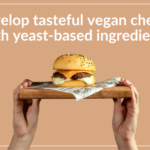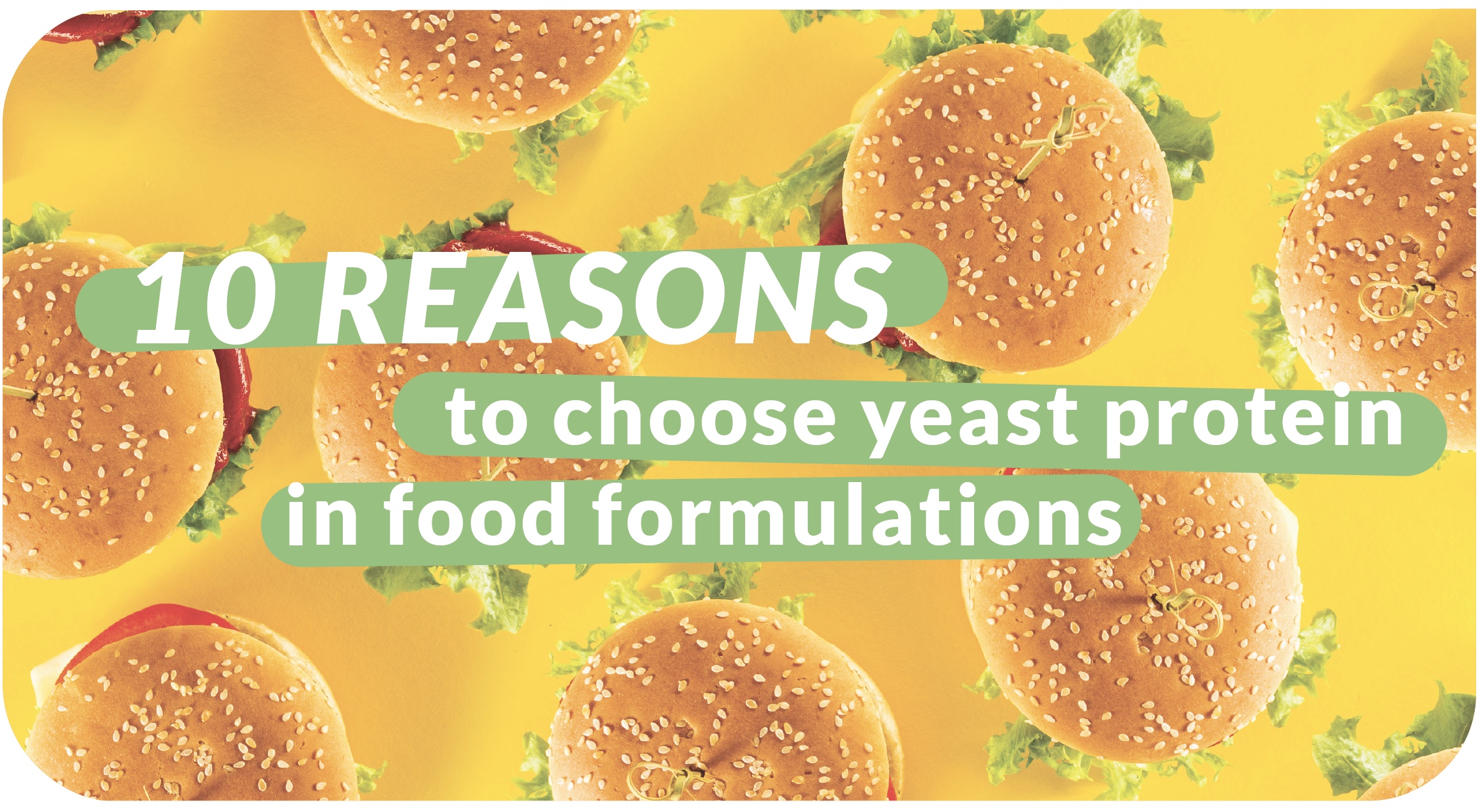
Discover Springer® Proteissimo™ 102, a yeast-based protein derived from natural fermentation.
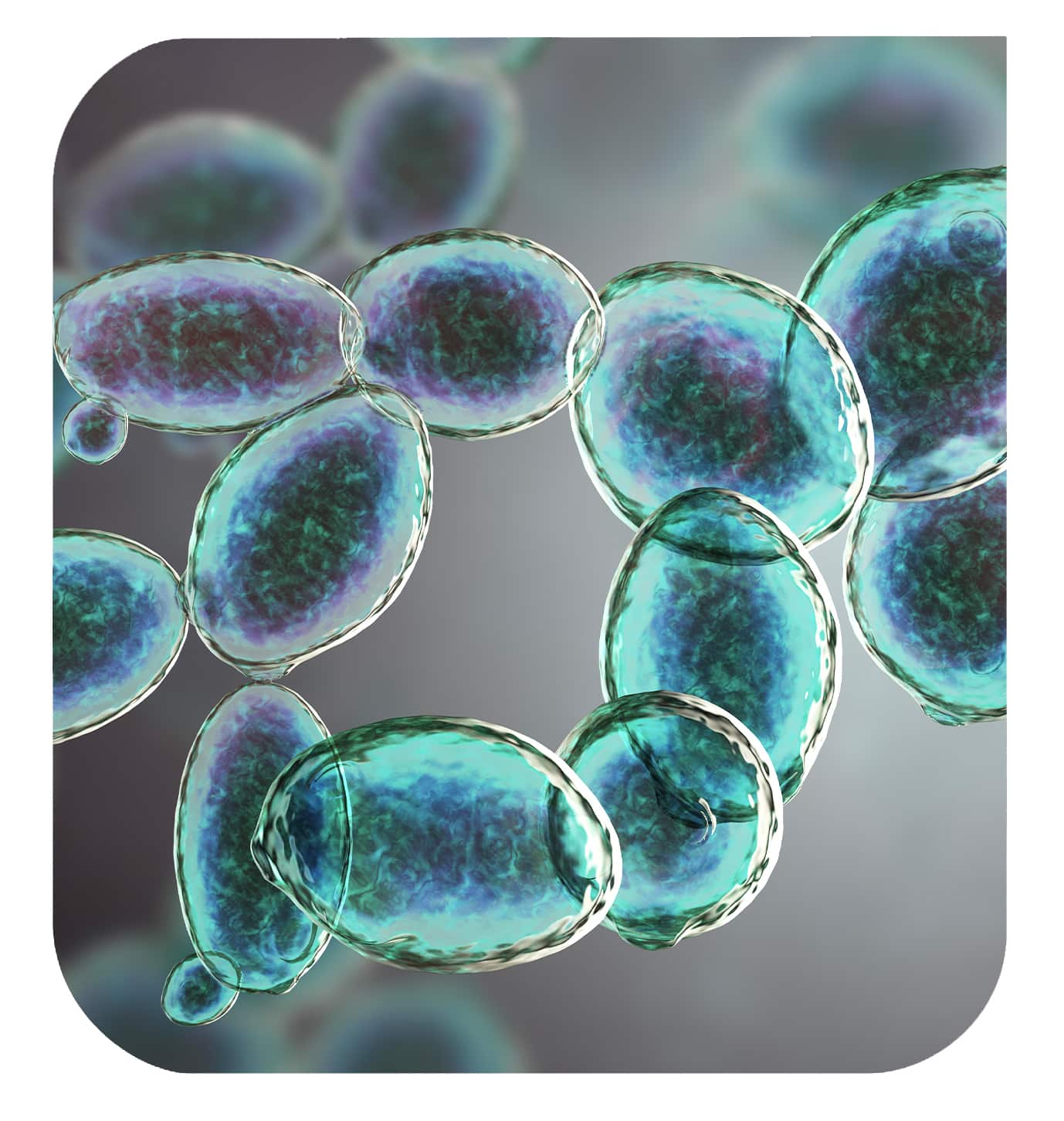
1
A protein coming
from well-known
process: fermentation
Yeast is a microorganism that is naturally present in the environment and has been used for thousands of years in food and beverages such as bread, wine, and beer. Yeast is produced by fermentation, a common and well-known processing technique familiar to consumers. After fermentation, the protein content is separated and concentrated.

2
A high protein
content
In its natural state, yeast is rich in proteins (49% protein on a dry matter basis). Through concentration of these proteins, a protein concentrate is obtained with a minimum of 75% protein. This high protein ingredient allows protein enrichment of food products. 83% of adults consider yeast protein as a good source of protein1.

1 SkyConsulting study for Biospringer (n=1240, Global), 2019
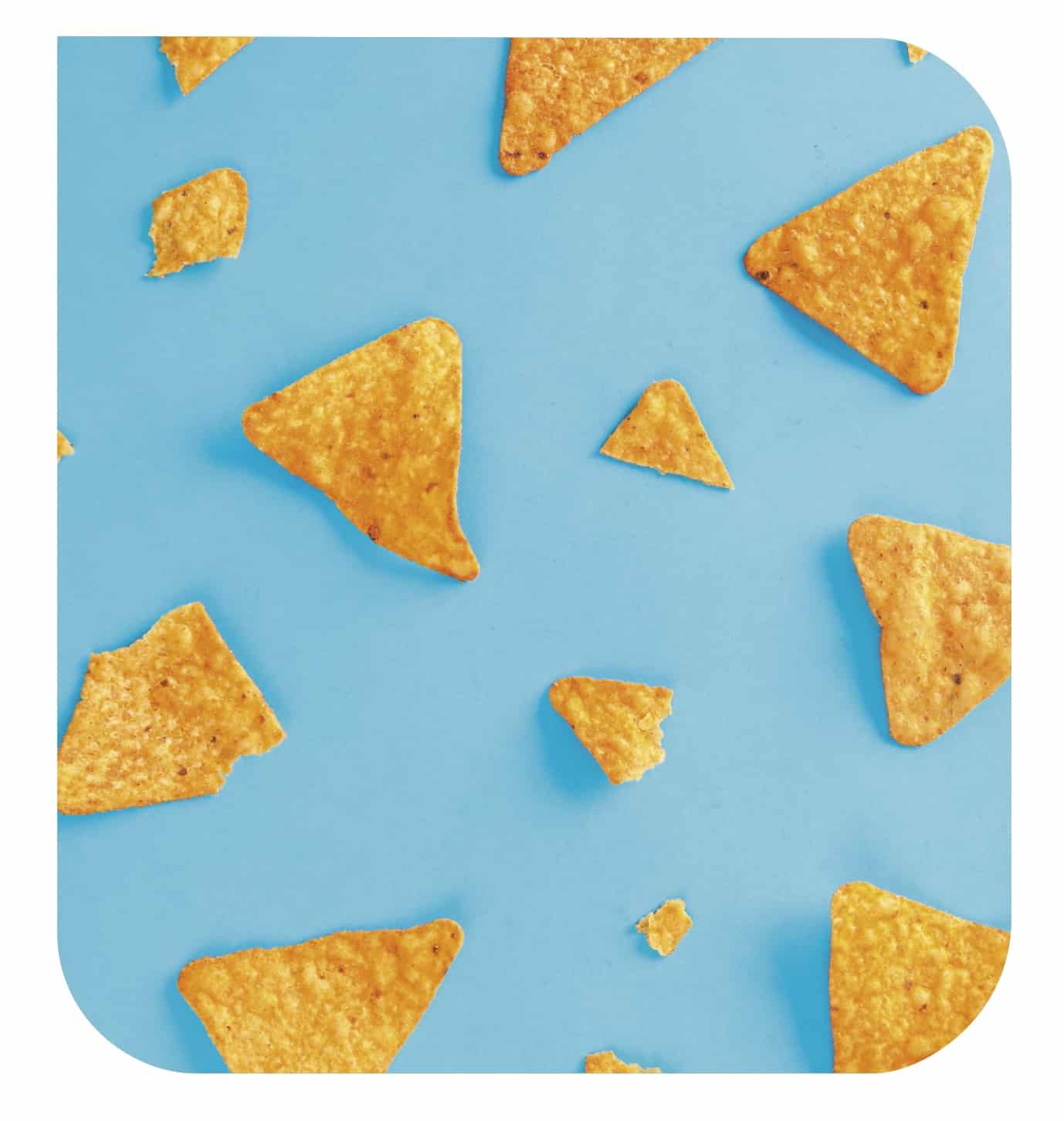

3
A clean flavor
Plant-based proteins can often present flavor challenges. Off-notes such as earthy, gritty, beany, starchy, or bitter are often present. Yeast protein does not bring flavor off-notes and is easy to use in food product formulations. Its neutral taste makes it a highly malleable and easy to use building block for high-protein foods.

4
A balanced amino
acids profile
Amino acids are small units composing proteins. Nine amino acids are considered essential for humans because they cannot be produced by the human body in sufficient quantity and must be consumed as food. Yeast protein contains all essential amino acids in addition to a particularly high content of leucine and lysine. This meets or exceeds the concentration recommended by the Food and Agriculture Organization (FAO).
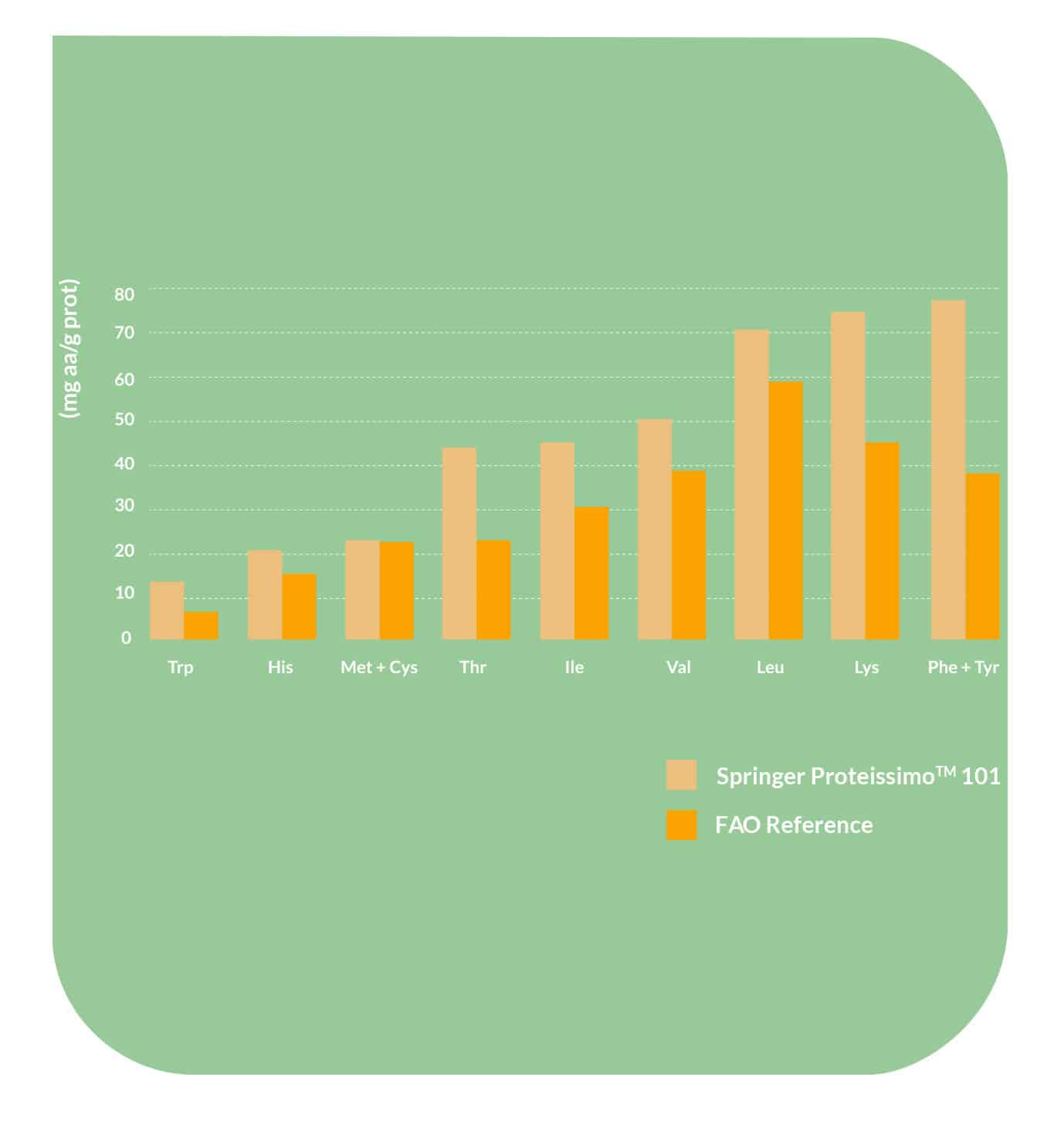

5
The highest possible
digestibility score
Yeast protein has a Protein Digestibility Corrected Amino Acid Score of 1, the highest possible score, which means it is highly digestible. The score of 1 is equivalent to animal derived protein scores such as casein and egg white2. This means that it provides 100% or more of the indispensable amino acids required per unit of protein after digestion.

2 Singh, 2008
6
A product suitable
for all type of diets
Yeast is part of the Fungi kingdom, so it is an animal-free ingredient suitable for vegan, vegetarian, and flexitarian diets. Due to its balanced amino acid composition and micronutrients, yeast protein is a great ingredient for vegan people. Yeast protein can be easily added to vegan products such as meat or cheese substitutes. According to a study3, 78% of French and German vegetarians say that yeast protein offers a good nutritional balance.

3 SkyConsulting study for Biospringer (n=234), 2019
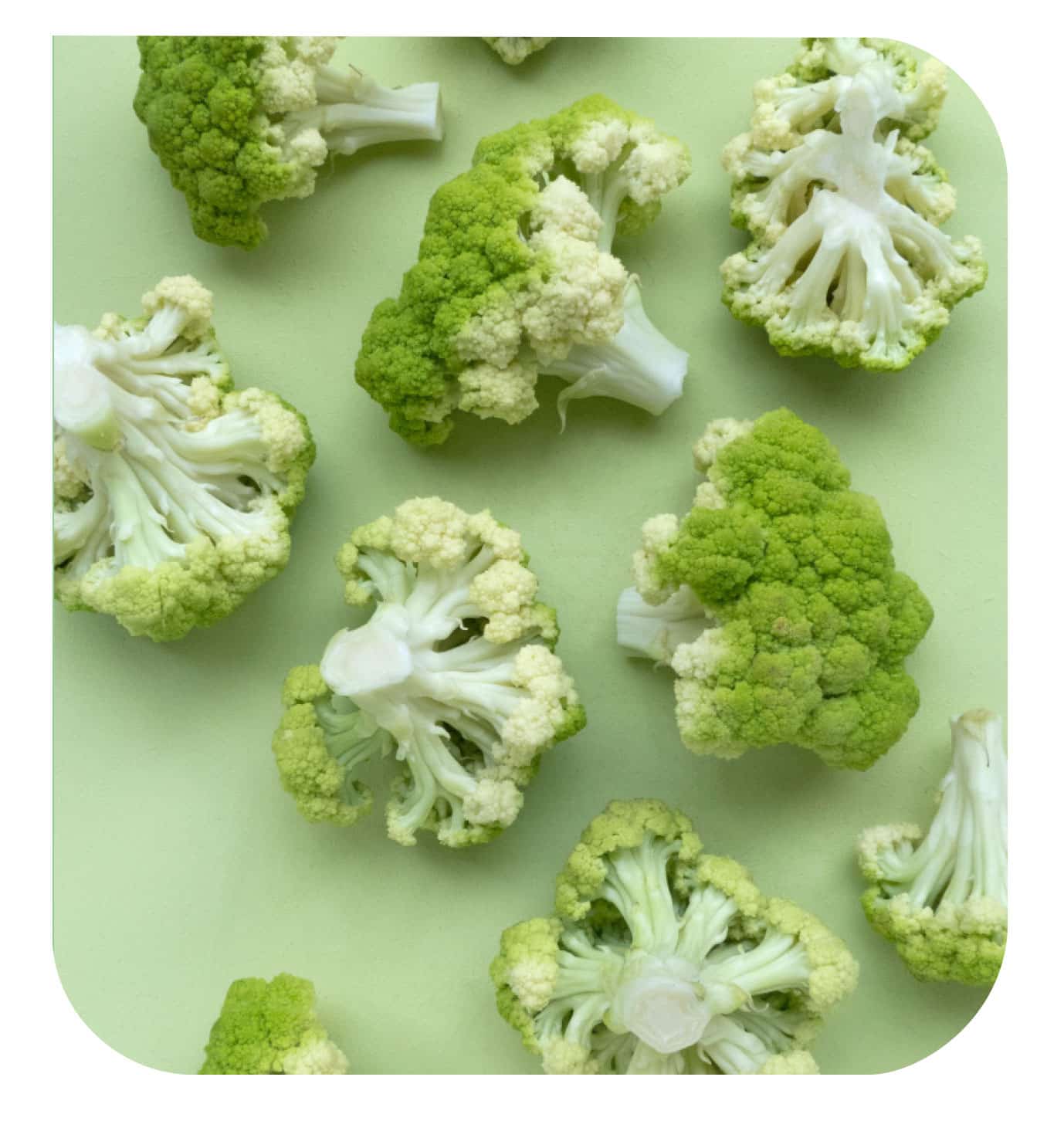

7
A gluten-free
ingredient
Yeast protein is gluten-free. Estimates suggest that only 1% of the population has celiac disease and 3 to 6% have non-celiac gluten sensitivity4. Many people who do not have celiac disease are also trying to avoid gluten, indeed yet 25% of Americans consumed gluten-free products in 20155.

4 Foschia et al., 2016
5 Prada et al., 2019
8
A sustainable
protein source
Yeast protein is known for its sustainable and minimally controlled production process through fermentation. Although yeast requires a sugar source to grow, yeast protein production requires limited land use and is more environmentally sustainable than animal-derived proteins.



9
A clean label
solution
Yeast protein, and more generally yeast, come from a natural origin. Its use as a food ingredient is valuable for food manufacturers and consumers due to its clean labelling. Consumers are seeking products with natural and recognizable ingredients. As a matter of fact, yeast is recognized around the world.

10
A Halal & Kosher
certified,
non-GMO product
Yeast protein can be Halal and Kosher certified by recognized organizations. At Biospringer, these certifications are renewed annually. Also, the yeast strain selected to manufacture Biospringer yeast protein is not genetically modified.







